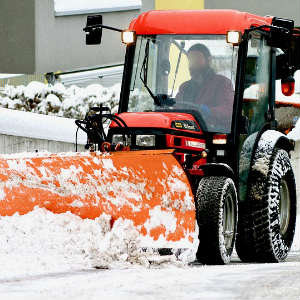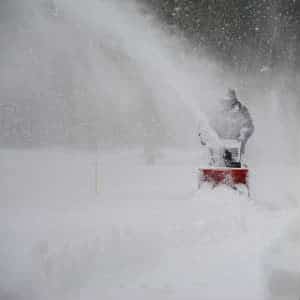Winter can be a magical time of year. For many, snowfall is utterly beautiful and offers an excuse for the everyday hustle and bustle of life to slow down. But for others, whose jobs are outdoors and require them to continue on even in low temperatures, putting their health at risk.
Industries That Are Most At Risk
In New York, workers in the following industries often sustain illnesses and injuries from working outside during the winter:
- Construction
- Law Enforcement
- Firefighting
- Snow Removal
- Baggage Handlers
There are steps that can be taken in order to prevent a variety of medical conditions that together are referred to as “cold stress”. Precautions include:
- Wearing multiple layers. These layers should be a bit loose, however, as tight clothing can actually reduce circulation. When circulation is reduced the body is unable to warm an appendage or organ as effectively as it should.
- Wear additional protective items on the ears, hands, feet, and face because when the body senses that it is in danger of freezing, it focuses its efforts on saving the internal organs, even if that means sacrificing a limb.
- Wear as much waterproof material as possible. Skin that is wet loses heat twenty five times faster than dry skin.
- If possible, schedule outside work while the sun is up and the weather is warmest.
- Stay hydrated. This helps the body remain energized and warm.
- Eat properly. The body burns more calories while it tries to stay warm.
But the responsibility for staying safe doesn’t lie solely with the employee. Employers are charged with making sure that each of their employees is provided with a safe environment. When it comes to winter weather, OSHA expects an employer to:
- Provide all employees with training.
- Educate them on the risks of working in cold weather and the warning signs of cold stress.
- Monitor how long an employee is outside.
- Request that all employees use the buddy system so that no one is unsupervised.
If the employer fails in their duty and an employee becomes ill or injured, there should be a workers’ compensation insurance policy to pay for their medical expenses.
What Does Workers’ Comp Cover?
Workers’ compensation insurance covers any work-related injury, including those related to working in the cold. Examples of medical conditions that workers face during the winter include:
Frostbite
Most people have heard of frostbite but shockingly, they aren’t aware of the symptoms. If a worker notices any of the following, they should seek medical attention immediately:
- numbness, tingling, or a prickly sensation in the skin
- red, white, blue, or gray skin color
- blistering once the skin as started to warm again
- or hard skin
This serious condition typically starts in the fingers, toes, the tip of the nose, and chin. If not treated immediately, the affected part may need to be amputated due to tissue death.
Hypothermia
When someone’s body begins to recognize that it is in danger of becoming too cold, it reacts by doing everything it can to keep the internal organs safe. This means that the blood vessels in the extremities constrict and oxygen flow is reduced. Once the body’s temperature reaches 95 degrees or below, brain activity slows, muscle movement is limited, and speech can become slurred. Eventually, the patient loses consciousness. If the body isn’t warmed and medical treatment obtained, the worker may freeze to death.
Trench Foot
Trench foot, which gets its name from the soldiers from World War I who fought in the trenches, happens when a worker is out in the cold and the gear they are wearing becomes damp. If the worker continues to work without warming up or drying their feet, swelling, pain, discoloration, and ulcers can occur. If not treated, permanent tissue and nerve damage may result with the need to amputate.
These conditions may result in the need for hospitalization, medications, surgery, x-rays, and other tests, all of which is coverable by workers’ compensation. In addition to this, any injuries that are caused due to the slippery nature of winter weather are also coverable. For example, if a worker slips and falls on ice and breaks a bone or if they are struck by snow falling from a roof, their medical expenses can also be covered.


